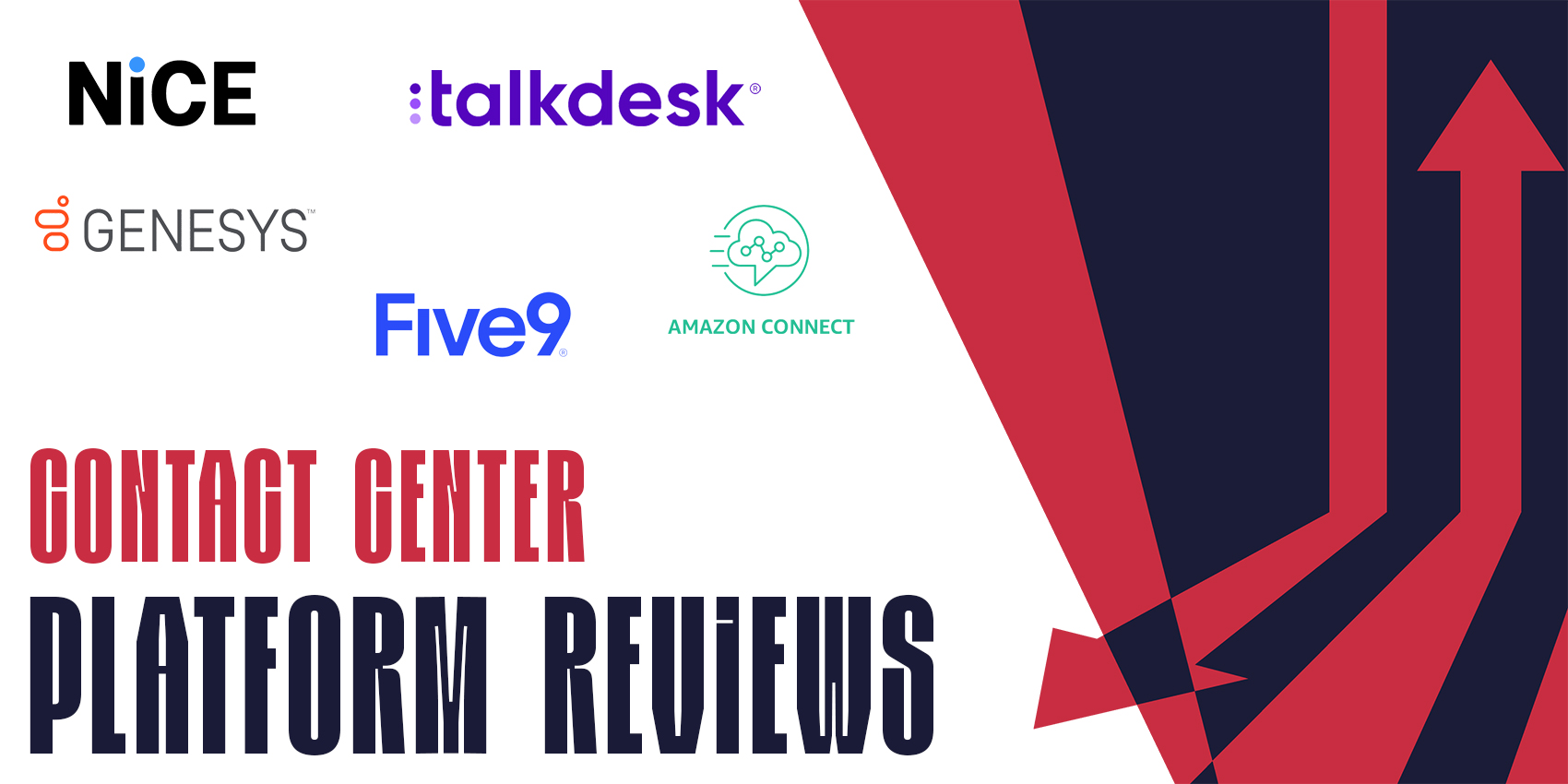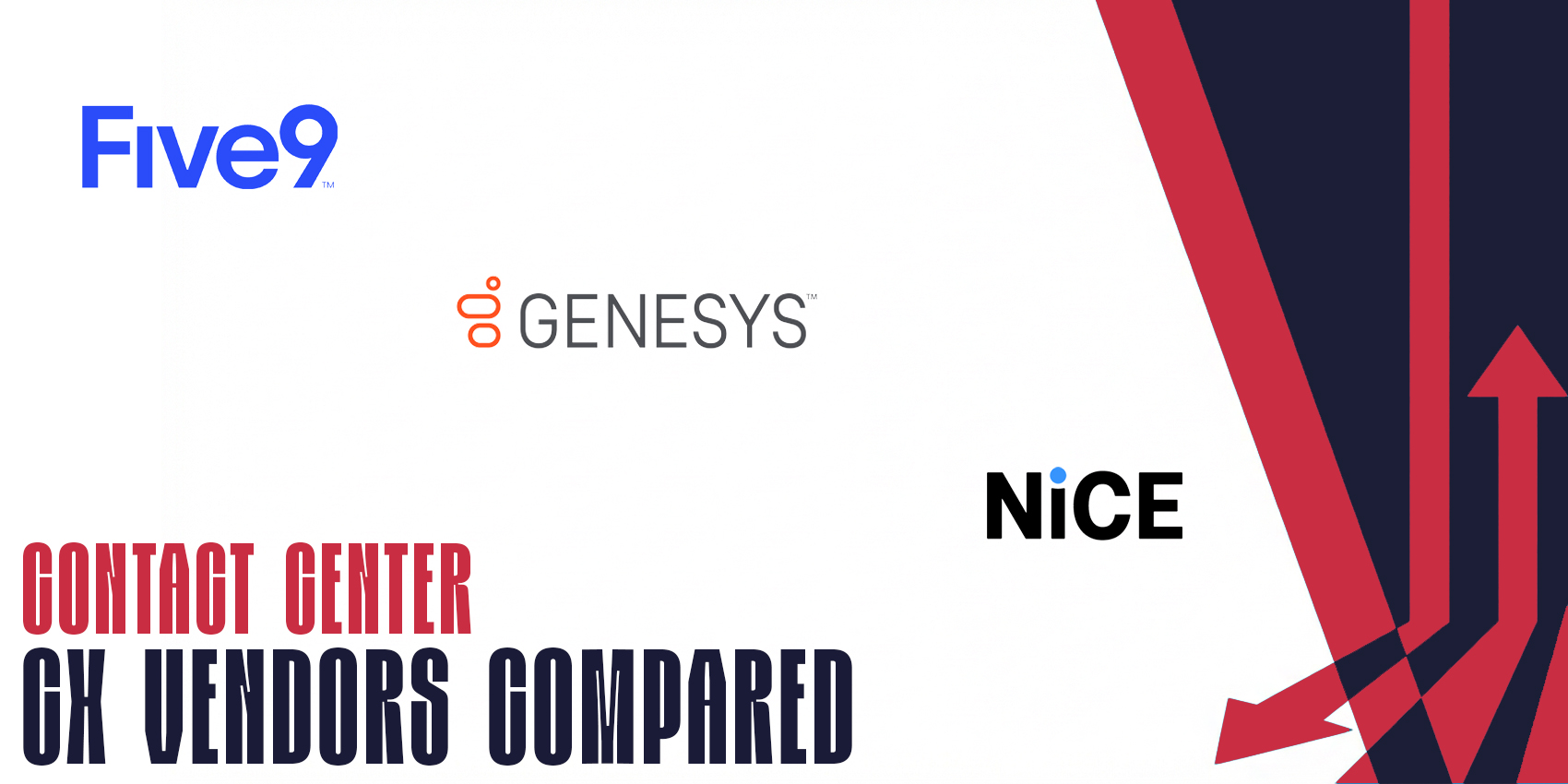If you follow the news these days, the world looks a tad scrambled. The reports seem grimmer and more confusing, and everyone seems caught in a widening net of uncertainty.
As if COVID wasn’t enough, the world now faces economic uncertainty, political upheaval, and war. Moreover, the cost of everything keeps increasing due to supply chain disruptions and increasing energy costs.
Day after day, there seems to be a regular drumbeat of dread. When the Irish poet W.B. Yeats wrote, “Things fall apart; the centre cannot hold,” it was as if he had a glimpse of our current situation.
It’s been hard on everyone. It isn’t easy to see where it’s headed and how it will come out. With all the bleakness, it’s tempting to invoke that ominous phrase “Winter is coming” from Game of Thrones.
But that’s too easy. Is it not better to adopt the optimism in Percy B. Shelley’s poem when he wrote: “If Winter comes, can spring be far behind?”
Mental health has emerged as one of the most significant reasons employees resign or seek a new job. Many workers cite their work environment as a principal reason for mental health challenges.
Indeed, one in 6.8 Brits (14.8 percent) now experience mental health problems at work.
Citing a recent US Surgeon General report on how toxic workplaces impact mental health, Forbes magazine reported: “Chronic stress can contribute to a litany of mental health issues like depression and substance misuse, interfere with sleep and can increase the risk of many other health conditions like heart disease, diabetes and cancer.”
Since Covid, there has been a fundamental shift in expectations. People are rethinking their work life, and the great resignation and quiet quitting reflect this trend. Some of this was already trending before Covid. But the pandemic accelerated it.
The Call Centre – An Intersection of Demands and Stress
Call centre jobs are often high on stress and low on satisfaction. It is a culture of micro-management where understaffed teams carry heavy workloads, which often leads to burnout.
Such constant pressure may lead to increased rates of anxiety, depression, and other health issues.
Consequently, culture much come first, and call centre leaders must step up to the plate.
A Problem Shared Is a Problem Halved
The first step is to engender a supportive, all-inclusive culture in the contact centre. Promote well-being. That means ensuring people are free to discuss issues they might have. Problems that linger can become much worse over time. A difficult conversation can make all the difference.
When management promotes topics like mental health, it encourages discussion. Sharing is the first step to finding solutions and lowering absenteeism. And, more importantly, it encourages call agents to lead a better quality of life.
Appoint Mental Health Champions
Discuss the idea among team leaders of appointing “mental health champions” who promote the cause. Assign the role to someone willing to discuss their own mental health challenges.
Then, ask your champion to share their mental health story, and spread that story across the contact centre. If a senior member of the team can do so, they may inspire others to volunteer as “mental health champions”.
“Champions bring new ideas to improve mental health. That drives a higher level of buy-in among the team,” said Richard Gregory, Senior Sales Executive at Odigo.
It Takes a Community
There’s no reason to let a teammate suffer alone. We’re all in this together. Community activities spur connections. And connections open opportunities to understand that someone might be struggling.
Encourage the team to participate in offsite activities like a “Run/Walk 10K For Mental Health.” Or set up a leaderboard that supports and promotes the event.
Invite mental experts or community leaders to speak to staff about depression, suicide awareness, and developing skills to become aware of at-risk individuals.
Gamification has proven to be an excellent way to strengthen engagement, boost morale and establish a sense of corporate culture.
Support a Healthy Work-Life Balance
Employees have a life outside of the call centre. So, ensure they aren’t working longer than they should.
Offer more flexible shifts. Allow agents to work when they want to work. That way, they don’t miss personal events, family events and their kid’s sports. If an agent misses her bus because of a last-minute complex call, it adds to a list of grievances.
Explore the many features within WFM software to swap shifts helps avoid these situations.
Keep It Simple
Complexity creates stress, especially when interacting with angry, demanding customers. So, reduce it.
Workforce management (WFM) software helps contact centres with resource planning. It automates forecasting and scheduling and determines when and who should work, balancing workloads while improving CX. It is a critical tool in supporting positive mental health outcomes.
In addition, predictive routing plays a part, guiding callers to the best-placed agents to handle their call. That reduces added agent complexity and reduces handling times.
Support tools such as a well-managed knowledge base, unified communication (UC) platforms to find subject matter experts (SME), and agent-assist tools all help reduce complexity.
The latter takes advantage of AI to listen in on calls, understand customer intent, and surface support information for agents in real-time.
Odigo Has the Tools to Help Your Team Stay Healthy
Alongside all the great ideas above, innovative CCaaS vendors – like Odigo – design tools to further support agent experiences.
By harnessing these, contact centres can run the following initiatives to support their teams.
Spot Agents Doing the Right Things
Too often, contact centre quality management becomes an activity of spotting what agents do wrong. As a result, the initiative becomes entrenched in a sense of negativity, and the following conversation only serves to frustrate agents.
Yet, that is not how it should be. Quality management must also spot excellent agent behaviours and reinforce them through positive feedback that replenishes an agent’s desire to deliver excellent service experiences.
If this is delivered in the moment, the positive affect multiplies, and the contact centre benefits from a vibrant, kudos-giving culture.
However, spotting agents doing the right thing, in real-time, is tricky – especially in remote environments. Thankfully, analytics-driven quality management software spotlights real-time agent performance insights that help keep teams motivated around-the-clock.
Give Your Team Flexibility
With WFM software, contact centres can offer agents the opportunity to submit their shift preferences, which planners can build schedules around.
Offering such flexibility is not easy, but it is the future, and the software will help.
Furthermore, when tied to quality management, contact centres can balance quality objectives, operational constraints, agent skills, and demand to drive the best outcomes for customers and agents.
Monitor Agent Well-Being by Supporting Supervisors
Give supervisors the tools to monitor and maximize real-time agent performance and customer satisfaction. Odigo’s supervision solution provides:
- Essential metrics for rapid decision-making that support your business goals.
- Easy-to-understand visual presentation of metrics on a single dashboard.
- Real-time suggestions for maximizing contact centre operational efficiency and simple tools for taking action to improve performance.
Many Threads Make a Tapestry
We’re alone, and we’re connected. The times are challenging for all of us. Financial pressures, COVID, family responsibilities, and the demands of a call centre can contribute to a tapestry of stress and challenges.
Companies that commit to mental health initiatives will flourish. Creating awareness, inclusive engagement and a sense of shared values builds a sense of company culture. It’s a circle of positive energy.
After all, a healthy team is a happy team. It is a cycle of immeasurable benefits that also strengthens the bottom line.
Click here for more information about Odigo products that improve employee well-being.







